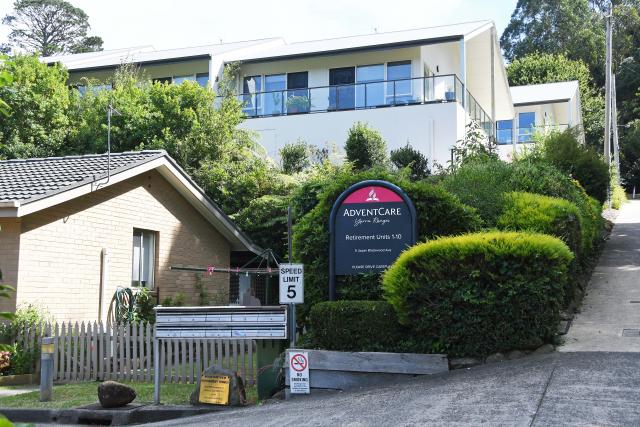By Callum Ludwig
The Aged Task Taskforce set to work by the Australian Government released its final report on Monday 11 March, looking into how the sector can be properly funded now and into the future following the Royal Commission into Aged Care Quality and Safety.
The report makes 23 recommendations for options to support older people to age in place, provide equitable and sustainable funding and improve quality, innovation and transparency.
Minister for Aged Care Anika Wells, who chaired the taskforce, said there is universal acceptance that something must change in order to ensure all Australians can age with the dignity, safety and high-quality care they deserve.
“After spending their lives building up our country, we have a solemn responsibility as a nation to respectfully care for older Australians as they age,” she said.
“All of us have a stake in a sustainable, high-quality and dignified aged care sector – whether it’s for our parents, ageing loved ones, or even eventually for ourselves,”
“As we consider the Taskforce Report and continue to implement the reforms of the Royal Commission, our focus will always be ensuring dignity and respect for older Australians.”
A notable point in the final report was the expected recommendation to not introduce an aged care levy as touted by the Royal Commissioners Tony Pagone QC and Lynelle Briggs AO, who made the suggestion Australia should introduce an aged care levy of 1 per cent of a person’s taxable income, which had already been rejected by the former Coalition government.
Instead, the report indicates that non-pension consumers, whether residents or their family members, can be called upon to pay more towards the costs of their aged care.
CEO of AdventCare David Reece said he thinks the government has certainly embraced the reforms.
“From a funding point of view, I think that they’ve given us a good funding outcome, particularly with the recent increase from the first of December,” he said.
“I think there are so many balls in the air at the moment, and they’re responding to so many different things,”
“But it’s a fairly balanced report and we’ll see what appetite they have to follow through on some of the initiatives.”
As reported in industry news site The Weekly SOURCE, modelling showed that if all recommendations were accepted, the residential aged care sector could see its revenue increase by around $2.3 billion and Home Care potentially by $965 million in the first year.
Mr Reece said the main things in the report that stood out to him were the talk of increasing daily care fees and shifting away from refundable accommodation deposits.
“They talk about daily care fees and increasing them, and while some people might do that we probably would find that we don’t need to, because you know we don’t want residents to pay more than they need to,” he said.
“Probably the bigger thing that’s always been out there is the discussion about the eventual changing out of the RADs(refundable accommodation deposits), there’s billions of dollars that the aged care facilities rely on as of now so it’s about getting an alternative capital to be able to fund that,”
“That’s been pushed out to 2035 and I think that’s that’s a good outcome because it’s going to be reviewed in 2030 and liquidity is an issue for some providers.”
RADs have to be refunded in full within 14 days of a resident leaving care and are often preferred by wealthier residents so they don’t have to make a direct contribution to their accommodation costs compared to DAPs (daily accommodation payments). The change is part of a number of measures aiming to make the costs of aged care more equitable and clear for residents and their families.
Mr Reece said he still thinks it comes back to the providers to make sure their residents and families are well informed of the costs.
“The government does have information that tries to simplify it and if they can improve that it’s well and good, and some financial advisors do a good job but it still gets back to the facility,” he said.
“We want to talk to people because we don’t want someone coming in without having a clear understanding or who might have issues paying the account,”
“If you were going in or if you had a parent or grandparent going into aged care, you wouldn’t have a lot of understanding unless you were interested about costs so we’ll run them through the basic fees and have to be pretty transparent upfront.”
The Aged and Community Care Providers Association (ACCPA) and UnitingCare Australia are among the organisations that have welcomed the release of the report.







